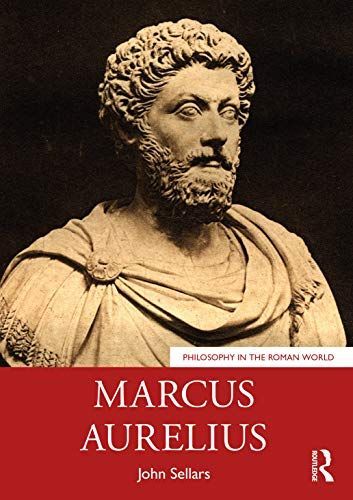
Marcus Aurelius
In this new study, John Sellars offers a fresh examination of Marcus Aurelius’ Meditations as a work of philosophy by placing it against the background of the tradition of Stoic philosophy to which Marcus was committed. The Meditations of Marcus Aurelius is a perennial bestseller, attracting countless readers drawn to its unique mix of philosophical reflection and practical advice. The emperor is usually placed alongside Seneca and Epictetus as one of three great Roman Stoic authors, but he wears his philosophy lightly, not feeling the need to state explicitly the ideas standing behind the reflections that he was writing for himself. As a consequence, his standing as a philosopher has often been questioned. Challenging claims that Marcus Aurelius was merely an eclectic thinker, that the Meditations do not fit the model of a work of philosophy, that there are no arguments in the work, and that it only contains superficial moral advice, Sellars shows that he was in constant dialogue with his Stoic predecessors, engaging with themes drawn from all three parts of Stoicism: logic, physics, and ethics. The image of Marcus Aurelius that emerges is of a committed Stoic, engaging with a wide range of philosophical topics, motivated by the desire to live a good life. This volume will be of interest to scholars and students of both Classics and Philosophy.